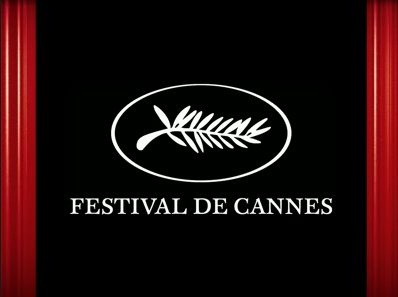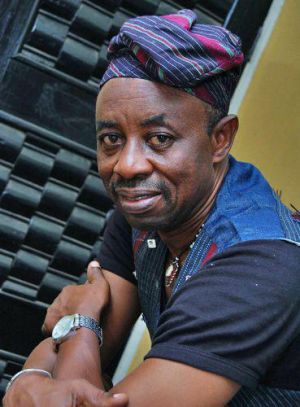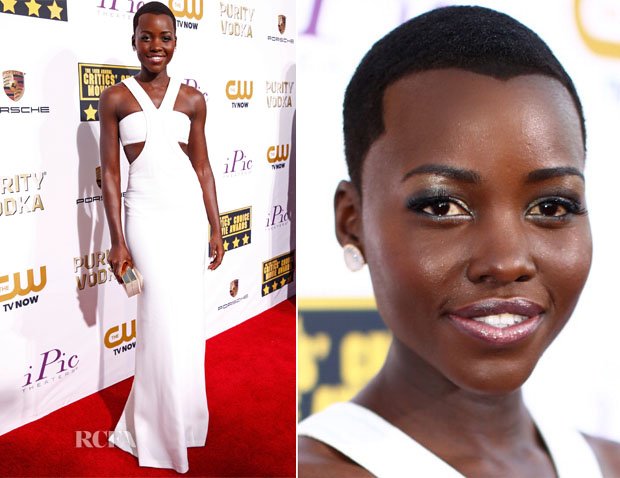 OkayAfrica profiles the selected films at the 66th Annual Cannes Film Festival
OkayAfrica profiles the selected films at the 66th Annual Cannes Film Festival
“The 2013 Cannes Film Festival is almost upon us. Now in it’s 66th year, the festival will run from 15 to 26 May, with Audrey Tatou hosting the opening and closing ceremonies and Steven Spielberg heading up the jury. Only a handful (or two) of African films have been selected for Cannes since its inception in 1946; and only twice have African directors taken big prizes. In 1975 Algerian director Mohammed Lakhdar-Hamima took the Palme d’Or for his Chronicle of the Years of Fire. The best decade for African film at Cannes to date was the ’90s. In 1991 three films were selected for Un Certain Regard; a year later, Hyenas, Djibril Diop Mambéty’s 1992 riff on (loathed GCSE text) Friedrich Dürrenmatt‘s The Visit, was in the main competition; and towards the end of the decade Burkinabé director Idrissa Ouedraogo won the Grand Jury Prize for Tilaï.
So far, this decade looks set to compete with that record (not that it’s a particularly good record, but still). Last year one of our favourites, Moussa Touré‘s La Pirogue competed in Un Certain Regard alongside Nabil Ayouch‘s Horses of God and Ulrich Seide who took on the issue of white lady sex tourists in Kenya. 2010 saw Rachid Bouchareb’s and Mahamat Saleh Haroun‘s films screened as part of the Official Selection. In this year’s predominantly Francophone selection, there just are two films by directors of African descent in the running for the festival’s biggest prize.
african-film-grigris-mahamat-saleh-haroun
Chadian filmmaker Mahamat Saleh Haroun won hearts, minds and a Grand Jury Prize with his quiet and wrenching Un Homme Qui Crie (A Screaming Man) in 2010. Like A Separation director, Asghar Farhadi, Haroun too returns to Cannes this year as an Official Selection, and there are high hopes for his sixth feature Grigris. The French-Arabic-language film tells the story of 25 year old Grigris who wants to be a professional dancer. His paralyzed leg is no obstacle to his dreams, but his uncle falls ill, and in an effort to save him Grigris gets into petrol trafficking. The title role is played by newcomer Souleymane Démé who stars alongside model Anaïs Monory and familiar-faces Cyril Gueï (Hitman) and Youssof Djaoro (A Screaming Man). Note that Grigris has both French and Chadian financial support; after years of neglect, General Idriss Déby and his government took notice of Haroun after his success at Cannes. Not only did the Chadian government partly finance his latest film, it’s also building a film school, and the city’s long-derelict cinema is open for business. It’s good news, but also a reminder of whose recognition counts when it comes to convincing governments to fund the arts.”
Okay Africa has the full story.
Founded in 2007, Ladybrille® Magazine is a California based pioneer digital publication demystifying the image of Africans in the west through contemporary African fashion and celebrating the brilliant woman in business and leadership, with an emphasis on the African woman in the diaspora. Our coverage includes stories on capital, access to markets, expertise, hiring and retention, sales, marketing, and promotions.





